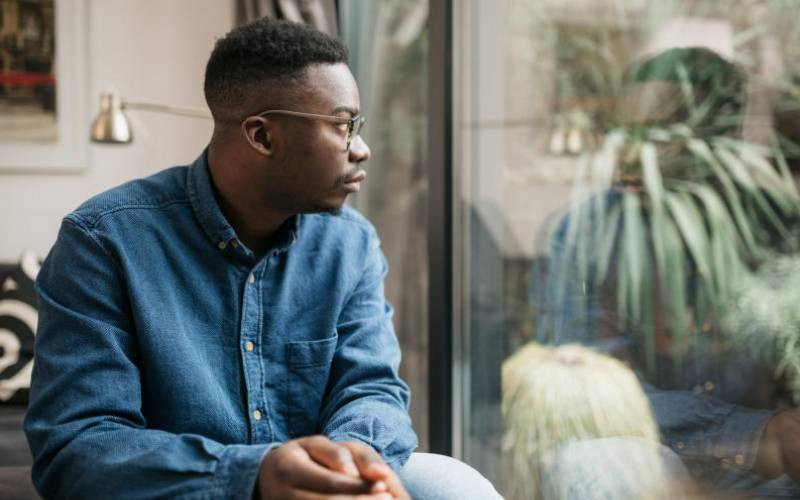×
The Standard e-Paper
Kenya’s Boldest Voice

The global spotlight recently shone on an unexpected scene involving France's President Emmanuel Macron and his wife, Brigitte.
While in Hanoi, Vietnam, staff opened the door of the plane carrying Macron, at which point two hands allegedly reached out and pushed him in the face.